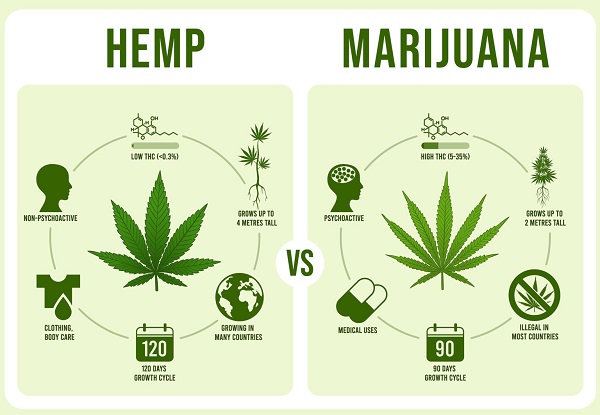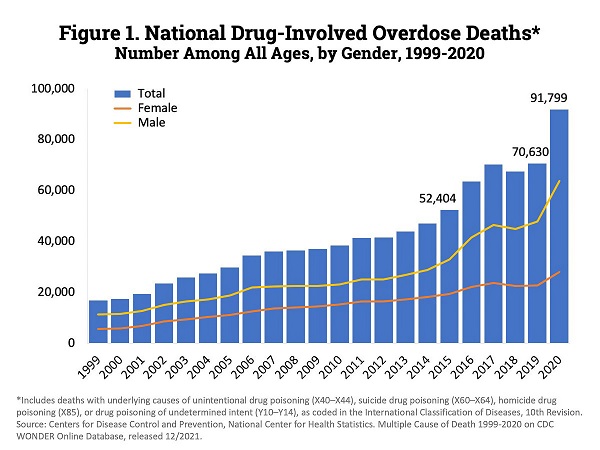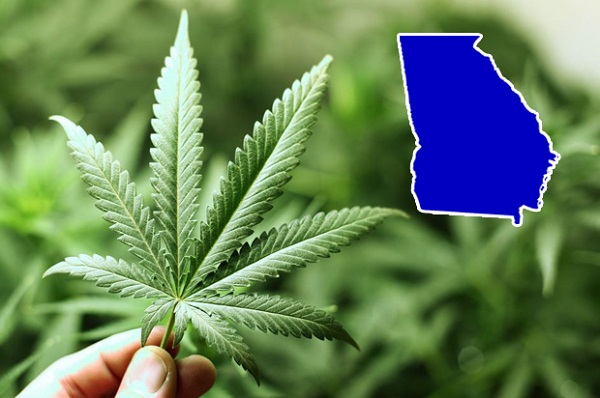Estimates of the number of cannabis-related deaths vary widely. Some sources claim 30,000 cases a year, but these claims were refuted in a widely debunked editorial published in the British Medical Journal in 2003. At the same time, there is an opinion that cannabis has not caused a single death in the entire history of mankind, but this may not be entirely accurate. Some scientists argue that cannabis reprocessing may increase the number of suicides related to depression. Thus, the issue of cannabis-related deaths remains controversial and requires further investigation.
Cannabis kills 30,000 people a year?
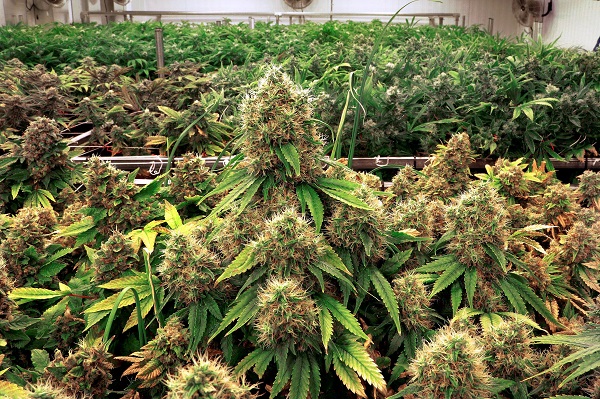
One of the most famous examples of anti-cannabis propaganda is the Daily Mail’s claim that “cannabis kills 30,000 people a year,” referring to the aforementioned editorial letter published in the BMJ.
However, a deeper look at the issue reveals that the original argument has many problems. The letter equates the long-term dangers of regular cannabis use with the dangers of smoking cigarettes. Based on this assumption, the author calculated that this would result in an equivalent number of deaths.
Despite this, a simple review of ten existing studies shows that the dangers of tobacco are in no way comparable to cannabis. A recent 2012 study suggests that marijuana smokers may have improved lung function over the long term compared to tobacco smokers and even nonsmokers.
Thus, the claim that cannabis kills 30,000 people a year is not true and is an example of anti-cannabis propaganda. More research is needed to more accurately determine the risks associated with cannabis use.
Toxic doses of cannabis
Research shows that cannabis poses no risk of overdose death, unlike heroin, alcohol, cocaine and many other illicit drugs, as well as some prescription drugs. There is no median lethal dose of THC for humans because there are no reported deaths.
Doses over 3 g/kg of THC administered orally were insufficient to kill most of the dogs and monkeys tested in one study in the 1970s. Although some animals died from as little as 1 g/kg, such cases were a minority. They were not enough to provide the basis for an average lethal dose or LD50, which should kill at least 50% of a given population.
Most “therapeutic” cannabis products available in the U.S. today contain 15 to 50 mg per serving, although some potent products can contain up to 200 mg. An adult weighing 60 pounds would need to eat 180 grams of pure THC to reach a dose of 3,000 mg/kg, and is extremely unlikely to result in death (although this has not been exhaustively tested in humans). Another estimate is that a person would need to smoke about 680 kg of cannabis for fourteen minutes to cause lethal effects.
Will THC kill when administered intravenously?
Although the LD50 for oral administration of THC in dogs and monkeys could not be determined, the results of intravenous administration of THC were quite different. Thus, when a dose of 92 mg/kg was administered, all monkeys survived and recovered within four days. However, in another study where monkeys were given a dose of 128 mg/kg, all died within the first 15 minutes after injection, and one of them died within three hours.
Intravenous administration of THC to humans is possible, but it is not for recreational purposes and is not part of any current medical cannabis treatment program. Trials are underway in several countries to evaluate the effectiveness of intravenous THC, but even if methods improve and injectable THC becomes widely available, it would likely still represent a small percentage of total cannabis consumption.
Furthermore, if THC injected into humans were lethal in the same doses as in monkeys, a 60 kg person would need to inject 768 grams of pure THC to achieve a lethal dose. Moreover, one would expect that a human would need a higher dose than a monkey to achieve death.
Lethal doses of other drugs
Cannabis, unlike alcohol, cocaine, and heroin, cannot cause death after one excessive dose. Despite this, there are sometimes situations in which people consume amounts of alcohol that can be fatal. A lethal dose of alcohol is 5-8 g/kg, and a blood alcohol content of 0.4% or higher is considered fatal for about 50% of people.
In susceptible people, as little as 50 mg of cocaine (which can easily be inhaled in one small trickle) can cause a fatal overdose, although the lethal dose for the average intolerant adult is estimated at 1200 mg. The lethal dose of heroin for those who are not tolerant is 200-500 mg, but regular users can tolerate up to 1,800 mg without side effects.
Despite the low overall chance of dying from a weed overdose, some deaths do occur. In 2017, the National Academies of Sciences, Engineers released an entire book on the health risks associated with various forms of cannabis. That study included an in-depth analysis of the risks of fatal and nonfatal overdoses.
The authors of the National Academy review note that several children stopped breathing and went into a coma after consuming cannabis intended for adults. In addition, they note that the death of at least one teenager was partially related to the use of an edible cannabis product. Three factors seem to make the chances of dying from an overdose more likely than before:
-
Widespread, expanded access to marijuana/cannabis
-
Increase in the number of types of cannabis products available for consumption
-
The overall increase in THC content of marijuana/cannabis over the past 20+ years.
Sudden deaths associated with THC use
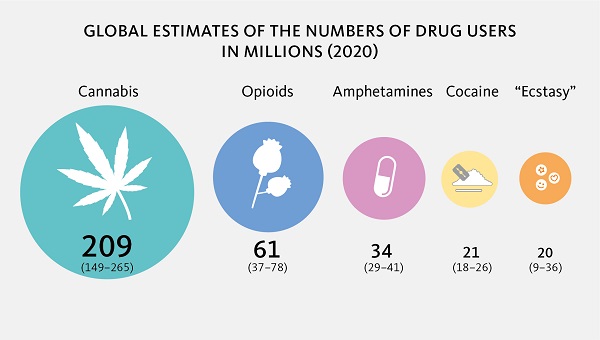
Although smoking or ingesting cannabis may not result in a toxic dose, some argue otherwise. In 2004, the British media reported on the death of a 36-year-old Welsh man named Lee Macy, who allegedly consumed an average of six joints a day for eleven years. Macy died suddenly on August 23, 2003.
Michael Howells concluded that Macy’s death was an accident because he was involved in illegal activities at the time of his death. This conclusion was based on toxicology reports indicating the presence of significant amounts of cannabis in Macy’s blood.
Addiction specialist at Hull University, Dr. Philip Guy, stated that death was more likely if the users were using cannabis intravenously rather than smoking. Dr. John Henry, professor of toxicology at Imperial College, also spoke out on the subject, saying he had never seen anything like it before and that it corrects the argument that cannabis cannot kill.
Refutation
The Swiss Federal Ministry of Health commissioned Dr. Rudolf Brennisen, a professor in the Department of Clinical Research at the University of Bern, to analyze the results of the autopsy of Lee Macy. Dr. Brennisen noted that the toxicological findings were inconclusive and the verdict was illegal.
Toxicological analysis by the British Forensic Alliance laboratory showed that Macy’s blood contained 130 ng/ml of THC-SOH, a metabolite of THC. THC itself was not detected for technical reasons. This level of THC-SOH in the blood is considered moderate, and active users often have blood levels of THC-SOH of 500 ng/ml or higher.
Cannabis and depressive suicides
Some believe that cannabis indirectly causes many deaths. In 2007, 31-year-old Dames Taylor committed suicide by hanging. He had been using cannabis for a long time, after several years of regular use he developed depression and cannabis was cited as the cause of his death.
It is known that 17-year-old Guy Summers smoked cannabis for six months, after which his behavior changed dramatically from outgoing and friendly to withdrawn and paranoid. His doctor diagnosed him with cannabis psychosis and he stopped using immediately. A year later, also in 2007, he committed suicide.
A quick search on the Internet will find dozens of similar articles linking suicide to cannabis use. However, the reasoning is flawed. Cannabis use, in most cases, is a contributing factor to these certainly tragic deaths. The link between cannabis and mental illness has not yet been established as causal, and it cannot be determined precisely to what extent cannabis influenced these people’s decision to commit suicide.
Wrongfully blaming THC for the deaths
Cannabis has a special place in public opinion and the media. If a person suffering from alcoholism and depression commits suicide, alcohol is not always considered a responsible factor, unless alcohol poisoning is the actual cause of death. The same is true of other illegal drugs.
To claim that cannabis, unlike other drugs, is capable of causing severe mental illness leading to suicide would be a gross oversimplification of the very complex factors responsible for such illnesses.
It has never been proven that cannabis use causes healthy people to become “crazy. There is evidence that cannabis use may precede the manifestation of such conditions in susceptible people, but no direct causal relationship has been established in the scientific context. Instead, only correlations have been established.
Why blame only cannabis and not other drugs?
In examining the case of Ralph Hamilton, an Englishman who was killed in a hit-and-run accident, it was discovered that he had used cannabis before his death and was regularly abusing it. However, the suggestion that cannabis had put him in a coma does not seem entirely convincing.
A further search for information led to the discovery of an important fact that was omitted from the original Daily Telegraph article. It turned out that the man was on a “cocktail” of ecstasy, alcohol and marijuana at the time of his death, and that the level of ecstasy in his blood was noted as “significant” in the report.
A similar pattern was seen in another Daily article reporting the case of 17-year-old Adrian Gardner, who died suddenly in 2008 after leaving work to meet his father. An autopsy showed no recent signs of drug use, but pathologist Dr. Sally Hales concluded that Gardner died of heart inflammation, which is best explained by “a history of cannabis, amphetamines and cocaine use.»
Refusal to recognize the safety of cannabis
In August 2013, the National Institute of “NIDA” stated that cannabis is no less toxic than alcohol, prompting ridicule from consumers and academics alike. Politifact, a fact-checking organization at the time, was testing the Marijuana Policy Project’s (MPP) claim that cannabis is less harmful than alcohol.
In response to Politifact’s request, NIDA stated that each drug has its own unique set of risks and effects on human health, and the claim that marijuana is less toxic than alcohol cannot be supported. However, based on a significant amount of evidence pointing to alcohol being more harmful than cannabis, Politifact ultimately rated MPP’s claim as “mostly true.»
Most people who overdose on marijuana/cannabis are not at risk of dying from toxic changes in the normal functioning of their bodies.[ii] However, anyone who consumes excessive amounts of the drug can experience serious, potentially dangerous changes in their mental or physical condition. In terms of mental health, potential consequences of an overdose include:
-
Psychosis (hallucinations and delusional thinking) or paranoid psychosis
-
Severe anxiety and outright panic attacks
Even in moderate amounts that do not lead to an overdose, marijuana can lead to a significant decrease in the ability to think clearly, make logical decisions, or avoid dangerous situations. In addition, people under the influence of the drug may experience a significant decrease in the normal ability to control and coordinate body movements.
Died from the smell of cannabis
Some American civil rights activists argue that police interfere in situations involving cannabis, resulting in more deaths than the substance itself. One such case occurred with Philando Castile, whose death made big news in the United States. The man was shot by police in his car in front of his 5-year-old daughter. The police officer, smelling cannabis in the car, justified his actions by calling the deceased an irresponsible father.
Unfortunately, such cases are not isolated. Many people have died at the hands of police officers for cannabis-related misdemeanors. In February 2017, Chad Robertson was shot in the back for evading a routine body search that found cannabis. In July 2012, Chavis Carter was found dead in the back of a police car after he was arrested for possession of a small amount of marijuana. Police said he shot himself with a gun, which they were unable to locate, even though he was handcuffed in the back seat.
In addition, there are many people who are serving life sentences for cannabis-related crimes and are likely to die in prison. Perhaps the number of cannabis-related deaths that have occurred at the hands of law enforcement exceeds the number of deaths related to cannabis itself. This fact is often overlooked when discussing cannabis-related deaths, but it is quite common.
Cannabis is safe!
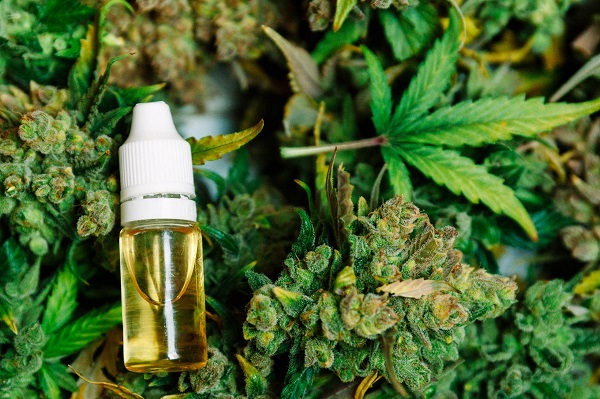
Studies show that heavy alcohol consumption can significantly increase the risk of death both directly (alcohol poisoning) and indirectly (cirrhosis of the liver, cardiovascular disease, stroke). In addition, alcohol abusers often have a shortened life expectancy.
Cocaine and heroin can also lead to death by overdose. Prolonged use of cocaine can cause cardiovascular and respiratory disease, seizures, intracranial hemorrhage and stroke. In addition, the unsafe use of cocaine and heroin is associated with various health risks, often associated with the use of non-sterile equipment.
Compared to these substances, cannabis is less deadly. The media often tries to find any cases in which cannabis could be cited as a factor in death or a serious condition. If cocaine, heroin, and alcohol were studied in the same way, the number of deaths that could be loosely attributed to them would be staggeringly huge – far more than the handful associated with cannabis.
Conclusion
Cannabis use does not significantly increase the risk of death, even indirectly. If used primarily for mental illness, cannabis can cause suicidal thoughts, but it has not been shown to significantly increase completed suicides.
Thus, it seems that the logical side has been confirmed. Cannabis is not directly responsible for any deaths, and while it may be a risk factor in some cases, it is never the only contributing factor. There may be more evidence of cannabis deaths in the future as cannabis use becomes more common, and long-term studies are observing regular users at an older age. However, it is unlikely that the risk would be comparable to alcohol, tobacco, or various other popular drugs.
If we were a species of mammal abstaining from natural withdrawal, it would be an argument that any drug that could increase the risk of death should be limited. However, this is not the case — it is estimated that 30% of the world’s population uses tobacco regularly, and up to 50% use alcohol regularly. In this case, providing our population with the safest intoxicants possible seems like the only way forward.


